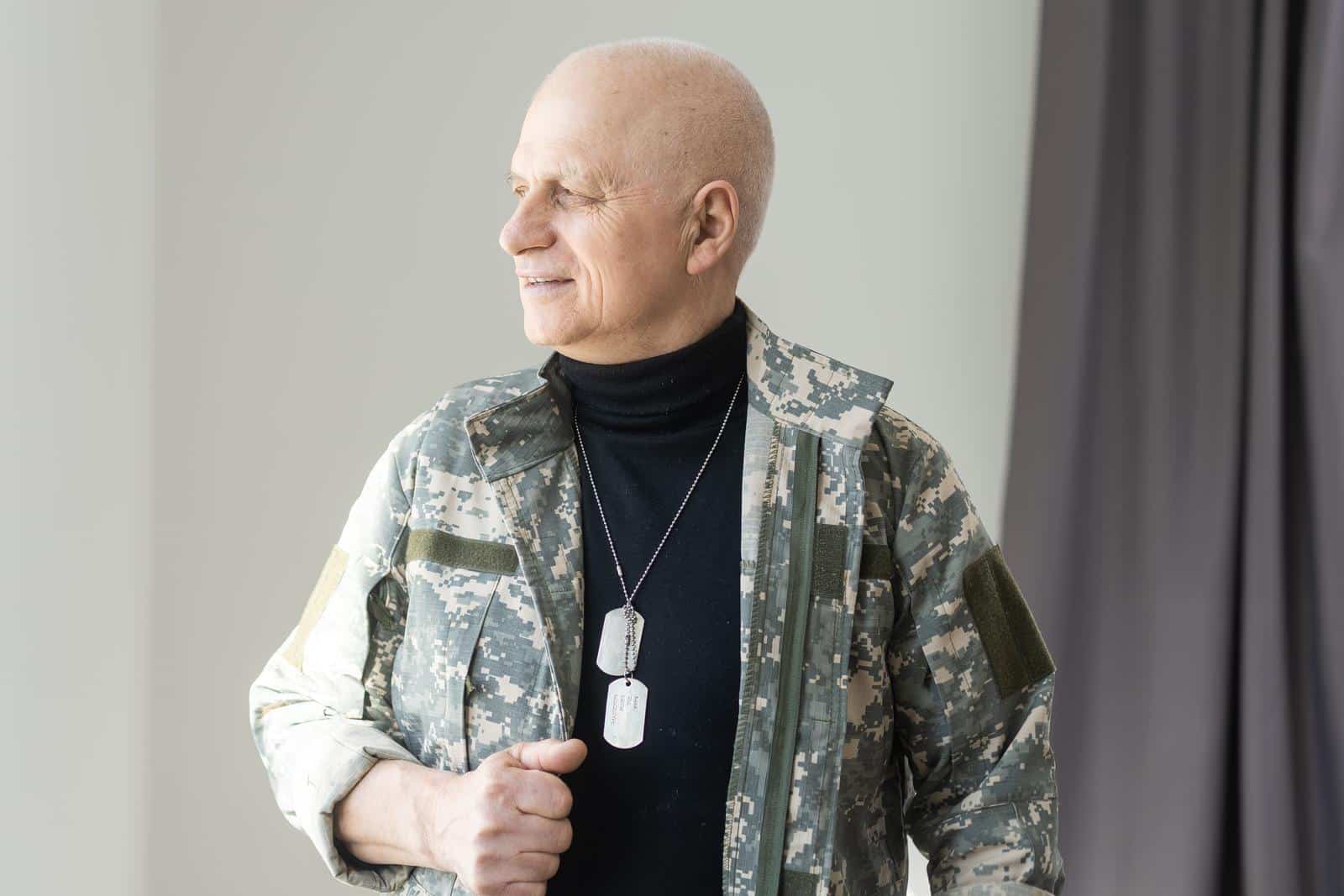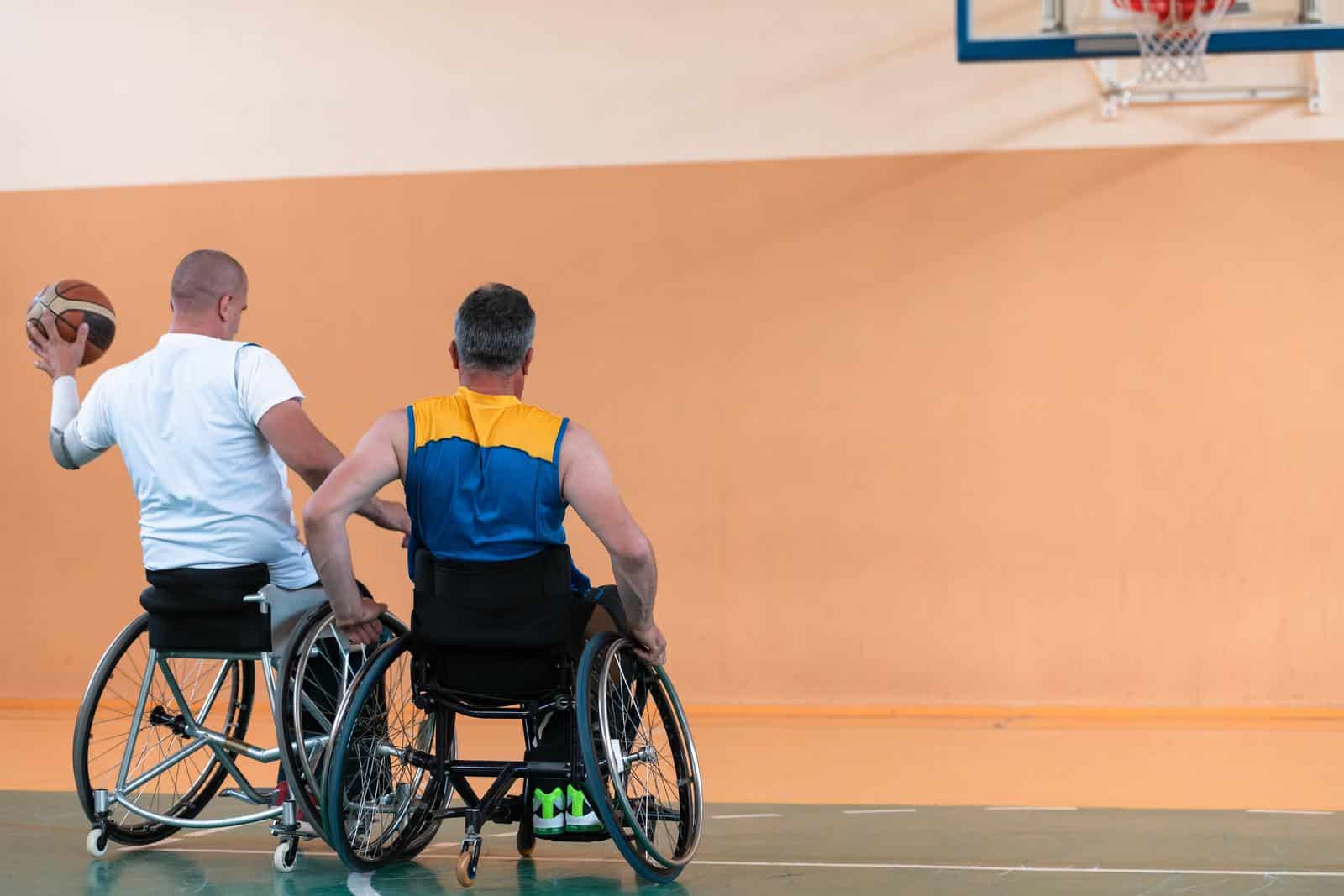When leaving the military, members receive a Certificate of Release or Discharge from Active Duty. The (DD-214) or a National Guard Report of Separation and Record of Service (NGB-22). The DD-214 and the NGB-22 are a summary of service, including discharge characterization information. If the information contained in these documents is negative, that can have far-reaching negative effects on your life as a civilian. Fortunately, every veteran has the right to apply for a correction to any incorrect or unjust information in their military discharge papers. The process, however, can be complex and full of red tape and bureaucratic delays. A skilled military discharge upgrades attorney can help streamline the process.
What Are My Chances of Getting A Discharge Upgrade?
Every veteran’s circumstances are different, and whether you are able to get an upgrade to your military discharge depends on a number of factors specific to our case. In general, however, you may have a strong case for a discharge upgrade, no matter what branch of the military you served in if your discharge was related to any of these factors:
-
- Mental health conditions, including posttraumatic stress disorder (PTSD)
-
- Traumatic brain injury (TBI)
-
- Sexual assault or harassment during military service
-
- Sexual orientation (including under the Don’t Ask, Don’t Tell policy)
If your discharge was due to any of these factors, your chances of getting an upgrade are excellent. These are not the only instances in which an upgrade is possible, however. Examples of a discharge that would qualify for an upgrade might be a veteran who served honorably and had only one unfortunate incident or a service member who is abusing pain medication to deal with the suffering caused by a service-related injury.
Attorney Benjamin Krause has worked with many military veterans seeking a discharge upgrade. His experience and knowledge in this area can be of great assistance to any veteran seeking a discharge upgrade.
Do I Need a Discharge Upgrade to Qualify for VA Benefits?
You may be able to access some VA benefits through the Character of Discharge review process, even if your discharge was less than. When you apply for VA benefits, your record will be reviewed to see if it qualifies as “honorable for VA purposes.” You may submit documentation and evidence to be considered in this process, which may take up to a year.
If you are in need of mental health services related to PTSD or other mental health problems linked to your service, such as mental and emotional disturbances related to military sexual trauma, for example, you may qualify for VA health benefits immediately, without the need for a VA Character of Discharge review or a discharge upgrade.
These processes can be complicated, and even the VA itself advises that veterans find an attorney to represent them as they go through a Character of Discharge review or discharge upgrade.
How Do I Apply for a Military Discharge Upgrade?
To apply for a discharge upgrade, you may apply to one of two types of review boards: the Discharge Review Board (DRB) or the Board of Correction for Military Records (BCMR). Which review board you should apply to depends on the specifics of your case.
You can apply to the Discharge Review Board (DRB) of your branch of the service for a discharge upgrade or a change in the discharge reason (character of service). To do so, you will have to prove that your discharge was “improper” (factually incorrect) or “inequitable” (inconsistent with the traditions and policies of the service).
To begin the process of obtaining a discharge upgrade, fill out an Application for Review of Discharge From the Armed Services of the United States. It is available to be completed online, or you can get a paper copy at a local Department of Defense installation or your regional office of the Department of Veterans Affairs (VA). Each branch of the service has a particular address to which the application must be mailed. It is best to enlist the help of an attorney who is familiar with this process. Care must be taken to list every issue related to your upgrade request, as once the form is submitted, no other issues can be raised by you or by your attorney.
Request your military and/or medical records so you can submit any needed records with your application. For information about obtaining your records, visit the National Personnel Records Center website.
Submit any medical and/or military records that relate to the issues that relate to your upgrade request. For instance, if you are arguing that posttraumatic stress disorder caused the bad conduct that led to your “bad paper,” it will be important to get a medical opinion from a doctor supporting your claim. Medical records showing you are clean and sober will also help.
Along with your application, submit as many of the following as you are able, as they may affect your request positively:
-
- A statement of why you think you are eligible for an upgrade
-
- Statements from other military personnel you served with, preferably high ranking
-
- Post-service employment history
-
- Credit reports showing good credit
-
- Information about your good conduct after service, including a clean criminal record
What Else Should I Know About Military Discharge Upgrades?
Other things to take into consideration as you contemplate applying for a discharge upgrade:
-
- You have 15 years from the date of your discharge to apply for an upgrade to your discharge status or the reason for your discharge through the Discharge Review Board (DRB).
-
- You may ask for a DRB hearing or ask the DRB to decide by reviewing your application. If you choose the review without a hearing and your application is denied, you can submit a request for a hearing at that point, giving you another chance to get approval.
-
- You can expect to get a decision in about a month and a half or two months. If your upgrade request is approved, you’ll receive an updated discharge certificate, DD-214, and a copy of the board’s decision.
-
- You can appeal a Discharge Review Board decision to the Board of Correction for Military Records of your branch of the service using DD Form 149.
-
- Hiring an attorney who is knowledgeable in the area of veterans law greatly increases your chances both for initial approval and for approval upon appeal.
Attorney Benjamin Krause is a veteran, and he has focused his legal practice on veterans’ law. Call Krause Law., PLLC at (612) 888-9567 to speak to someone who understands what you have been through as a service member and what you are going through as a veteran.




 Call Us Now
Call Us Now Email Us Now
Email Us Now


